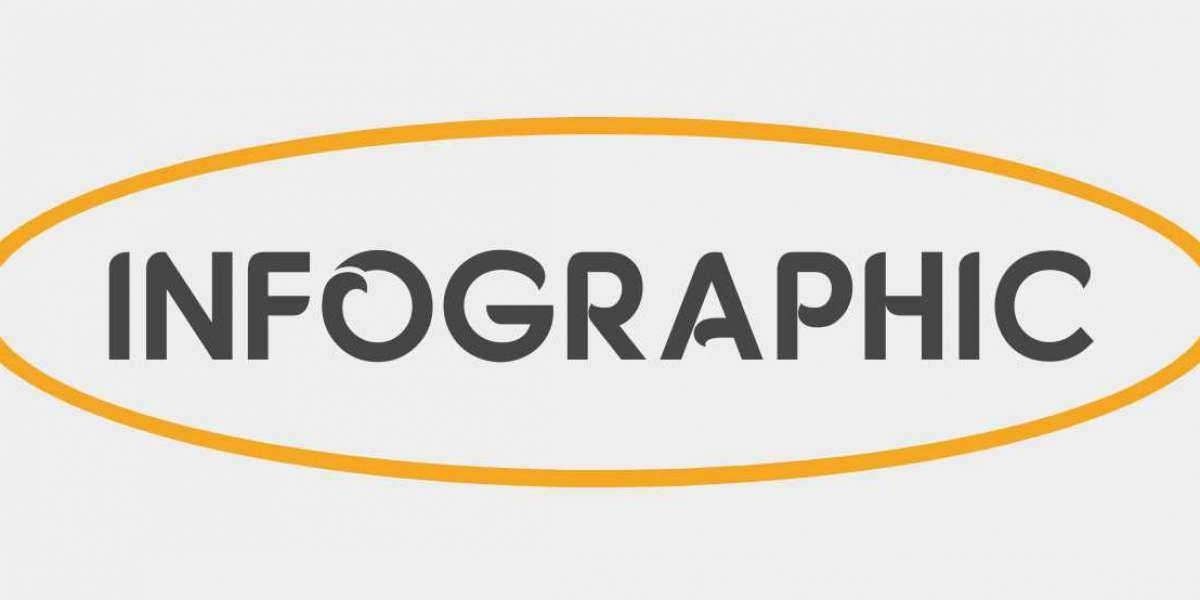The Internal Revenue Service (IRS) has the authority to audit taxpayers, but there are specific time limits that govern how far back they can go. These time limits are as follows:
Three-Year Rule: In general, the IRS has three years from the date a tax return is filed to conduct an audit. For example, if you filed your 2021 tax return by the due date in April 2022, the IRS typically has until April 2025 to initiate an audit.
Six-Year Rule: If the IRS suspects a substantial understatement of income (25% or more), they can extend the audit window to six years from the date of filing.
No Time Limit for Fraud: There is no specific time limit if the IRS suspects fraud, so they can audit a return at any time if fraudulent activity is suspected.
Unfiled Returns: If a taxpayer fails to file a return or files a fraudulent one, the IRS can audit at any time for the years in question.
It's important to note that the statute of limitations may vary based on individual circumstances, and taxpayers should retain their records and documentation for the applicable time limits.
The Research and Development (R&D) Tax Credit is a valuable incentive designed to encourage innovation, investment in research and development, and the advancement of science and technology. Here's why consulting with experts on R&D Tax Credits is crucial:
Complex Regulations: R&D Tax Credits are governed by intricate regulations, and navigating them requires in-depth knowledge and experience. Consulting experts ensures that you understand and comply with these regulations.
Maximizing Benefits: R&D Tax Credit consultants can help you identify all eligible R&D activities and expenses, maximizing the benefits you can claim.
Record Keeping: Proper documentation is essential for R&D Tax Credit claims. Consultants guide you in maintaining the required records to support your credit claims in case of IRS scrutiny.
Audit Defense: In the event of an IRS audit, R&D Tax Credit consultants can provide expert support, ensuring that your claimed credits are substantiated and that you're in compliance with IRS requirements.
Strategic Planning: Consultants can assist in strategic planning, helping you structure your R&D activities and expenses to optimize your tax benefits.
Conclusion:
Understanding how far back the IRS can audit is crucial for tax compliance and record-keeping. When it comes to the Research and Development (R&D) Tax Credit, consulting with experts is advisable to maximize benefits, navigate complex regulations, and ensure proper documentation and audit defense. By staying informed and seeking professional guidance, individuals and businesses can effectively manage their tax matters and take advantage of available incentives.








